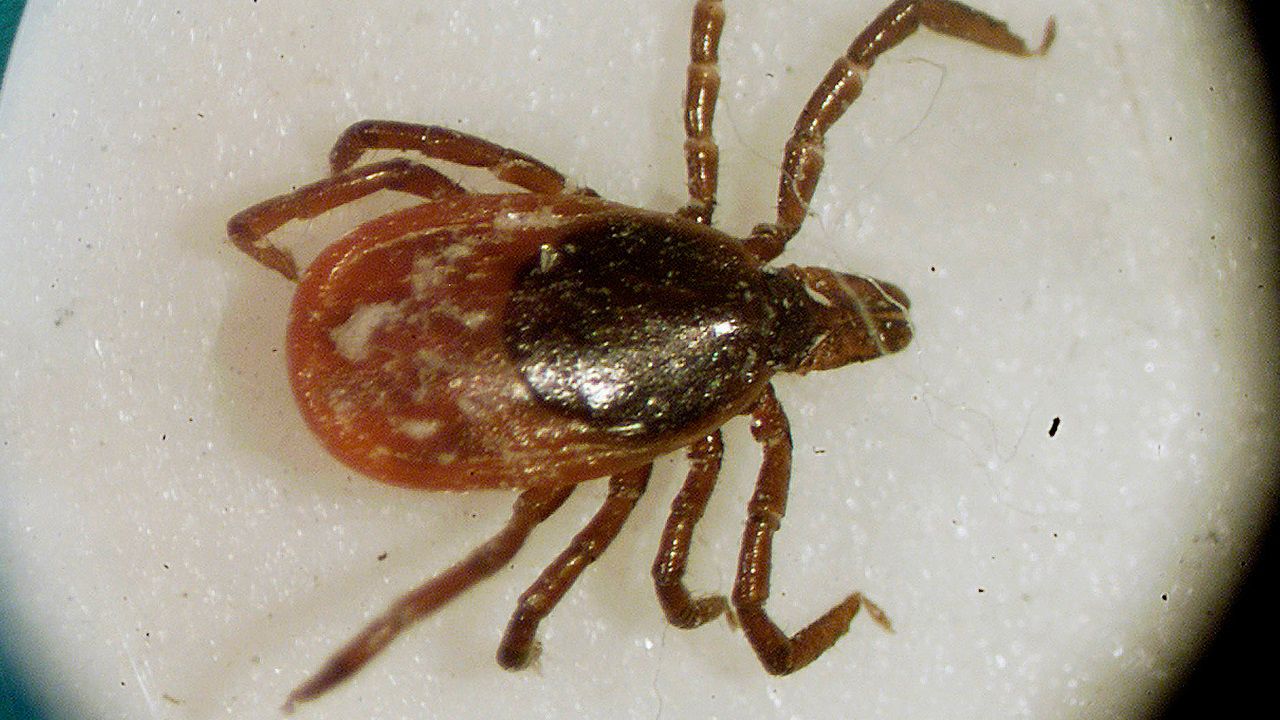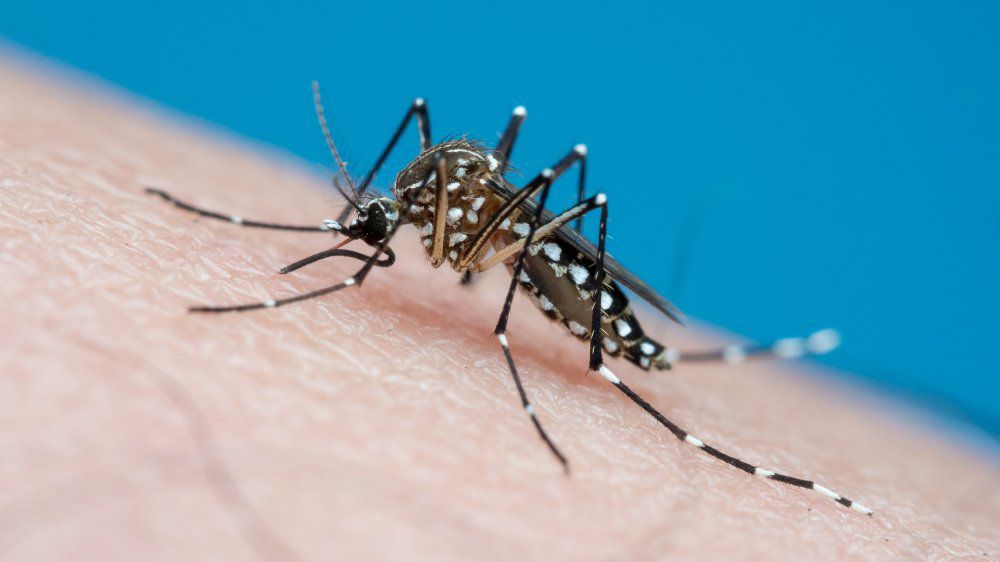A death in York County is being attributed to the tick-borne Powassan virus.
It is the first Powassan-related death of 2024, according to the Maine Center for Disease Control and Prevention.
“The case was among three cases of Powassan virus infection reported in Maine residents so far this year,” Maine CDC announced in a news release. “The other two were in Kennebec and Lincoln counties.”
The last prior death from Powassan virus in Maine was in May 2023, according to Maine CDC. That death occurred in Sagadahoc County.
“Cases of Powassan are rare in the United States, with about 20-50 cases reported per year across the country from 2018-2023,” the release states. “Maine identified a record number of seven cases of Powassan in 2023 and has recorded 25 infections of the virus since 2014, including four deaths in the last decade.”
Powassan virus is transmitted through deer or woodchuck tick bites.
“Deer ticks can be active any time the temperature is above freezing, but are most active in the spring, summer, and fall,” the release stated. “Powassan virus may spread from ticks to people in as little as 15 minutes after a bite.”
Maine CDC states it can take between one week and one month before someone bitten by an infected tick would show symptoms, with some people not having any symptoms at all. Symptoms, according to Maine CDC, include “fever, headache, vomiting, weakness, confusion, seizures, or memory loss.”
Maine CDC reminded the public that ticks are active in Maine, and offered several recommendations to the public to protect against ticks, including:
- Know where ticks live, typically in leafy, wooded areas.
- When venturing into areas where ticks live, be sure to wear light-colored clothing that covers the arms and legs and tuck pant cuffs into socks.
- Use insect repellants. Maine CDC recommended “an EPA-approved repellent like DEET, picaridin, IR3535, or oil of lemon eucalyptus on skin.” Maine CDC also suggested using permethrin on clothing.
- Check yourself, family members and pets after being outside.
- Ask your veterinarian about how best to protect your pets.
- After being outside, remove clothing and put it in the dryer on high heat for 10-15 minutes before washing.
Maine CDC previously warned that the past wet and warmer winter could lead to higher populations of disease-bearing ticks this spring and summer.
Nearly 3,000 cases of preliminary lyme disease reported statewide in 2023, a record high number for Maine.









